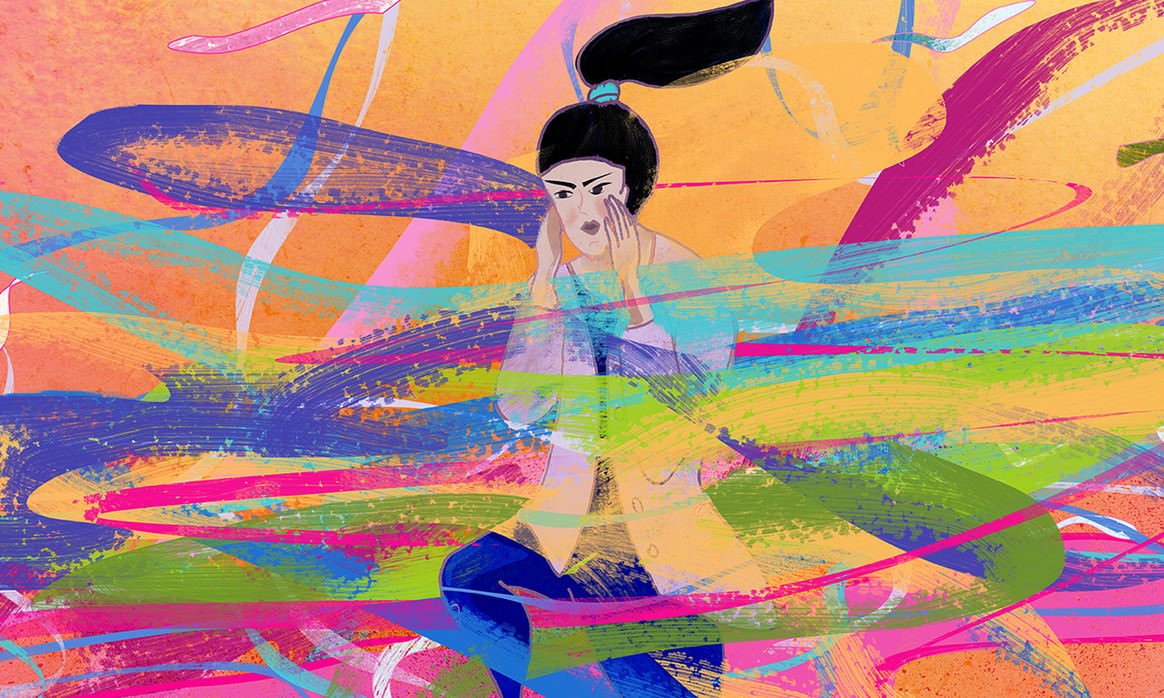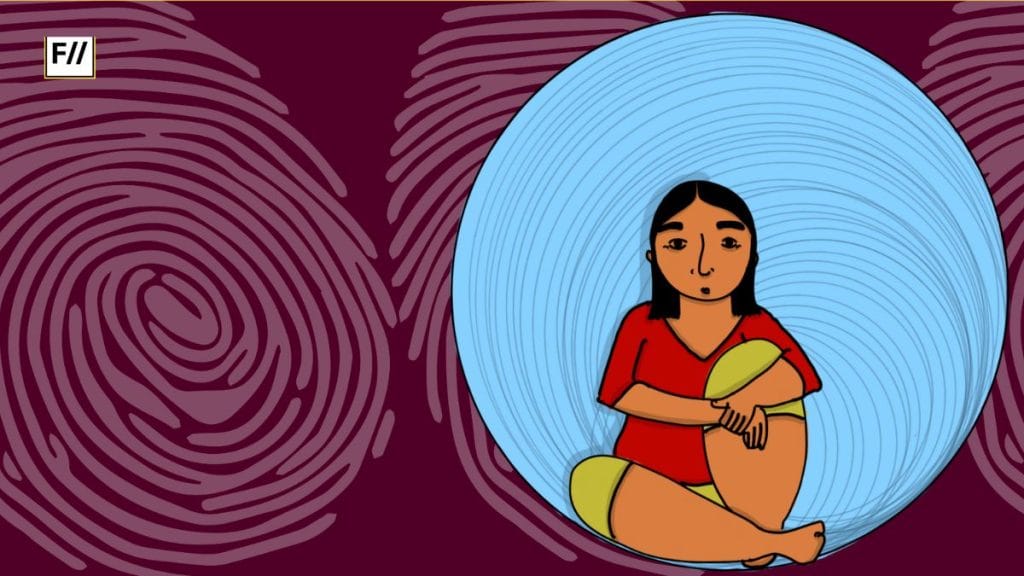My therapist has been telling me for a while that I need to grieve for my childhood self, as the trauma of being bullied badly in school is still a part of me. I decided to put up a Facebook post about the impact of being bullied on my adult life. I wrote about how I suffer from constant anxiety, poor mental health, and bad body image issues. I hoped that this would help me stop feeling embarrassed that I had been bullied, and instead acknowledge that I had been hurt and am still hurting.
My post began receiving ‘likes’ and ‘loves’ starting from a minute after I put it up. I also began receiving messages and comments on the post from a lot of people. Many of the messages I received were touching, warm messages from people in my present – they wrote that they would never have guessed that I had been a shy child, afraid of everything and myself, when they see the confident, articulate woman I am now. Some wrote to me about their own experiences with bullying, mental illness and body shaming in school. A few of my classmates from school also wrote that they remembered I was bullied in school, and that it was bad, and they wish they had been there for me more at the time. These responses were wonderful. I felt nice.
Standing out amidst all these sensitive, thoughtful responses, however, was one from a man I barely know telling me that he appreciated my post, and it is ‘sad’ that I got bullied and all, but I should really not speak about my insecurities on a public forum. When I asked why, he told me that people will think I am ‘weak’ and use this information ‘against’ me, so I should not be ‘immature’ and speak about vulnerabilities online.
Patriarchy and harassment in public spaces, both online and offline are acceptable, but emotional expression is not. Women’s emotional reactions are stigmatised as ‘crazy,’ ‘hysterical’ and ‘irrational.’ Hysteria was a diagnosable mental disorder attributed to mostly women, even found in the Diagnostic and Statistical Manual of Mental Disorders (DSM), until well into the 20th Century. Women are gaslighted into thinking that they are too emotional and are overreacting to situations, and we often don’t seek psychological help even though we need it because we believe that we are responsible for our own poor mental health, and that it is, in fact, not bad mental health at all. I remember thinking to myself that I need to stop taking my emotions so seriously and make an effort not to cry, in the months just before I was diagnosed with depression.
Men, too, have it just as bad because, apparently, ‘boys don’t cry,’ and those who do are insufficient men. Expressions of vulnerability and insecurity are seen as unacceptable by the standards of masculinity that men are supposed to live up to – it is something that only hormonal women on their periods do. According to this recent study, men who try to conform to high standards of masculinity are less likely to seek psychological help. This is because men are supposed to be stoic, emotionally ‘rational’ and self-reliable. Mental illness is often considered a weakness, something you almost brought upon yourself by taking yourself too seriously, and this makes it hard to break the stigma around it.
We all live in bodies that are difficult to truly occupy and love, as it is. Yet, we are not allowed to express how our bodies and minds actually feel, be it through our sexual desire or through a Facebook post on mental health. My decision to publicly acknowledge that I am an emotional being who can be hurt, a person with “feelings,” felt like an emotional ‘coming out’ because of all the stigma associated with being an emotionally expressive person. I grew up being told that I am ‘oversensitive’ and ‘too emotional’ because I cried easily and my choices were often emotionally motivated. I was made to believe that this was a bad thing; I needed to ‘grow a tougher skin.’ Emotionality is not considered a valid kind of intelligence. Taking decisions keeping your insecurities or emotions in mind is considered irrational and illogical. In order to detach the stigma associated with mental illness and seeking help for poor mental health, we need to normalise the ability to express, understand and find comfort in emotions.
I know that to heal from my childhood and cope better with my depression and anxiety, I must accept my emotions, and their intensity, more. Expressing emotion in public, especially of the non-angry kind, is viewed as a feminine trait, ‘drama.’ I intend on spending the rest of 2017 being as dramatic as possible! To cry openly in a public place, like the cafeteria in college, without feeling any embarrassment is now on my bucket list. Insecurities are beautiful. They do not make us weak – to express emotion is not weakness, it’s just normal.
Featured Image Credit: Karolina Burdon via The Pool.
About the author(s)
Amala Dasarathi is a fourth-year law student. When she is not watching Bollywood movies, she spends her time understanding and unpacking the complexities surrounding gender, identity, caste, and class, among others.




